Como você sabem, a maior parte das informações a respeito de várias bandas internacionais estão em inglês, então espero que de alguma forma essa entrevista seja aproveitada por aqueles que se esforçam!
No final, "É melhor acender uma vela do que amaldiçoar a escuridão."

As the Dire Straits phenomenon celebrates 21 years at the top, Gibson Keddie talks to one of the most successful rock bassists Dire Straits John Illsley.
Dire Straits have always been in the right place at the right time. Okay, so they released their debut album - a collection of pub-friendly country rock songs - in the middle of punk but, if the summer of 1977 saw the band manfully struggling with being bottom of the bill at the Deptford free festival in South London, they didn't have too long to wait; a year later, that first album, recorded in three weeks on a budget of £10,000 ("We went £1500 over budget," remembers John) was hovering steadily around the No. 2 slot in the American Billboard Hot 100, and an excited Stateside audience eagerly awaited the arrival of Dire Straits...
Bassist John Illsley shared a flat in South London with Mark Knopfler's younger brother, David, and remembers Mark often coming round to their gaff in the mid-'70s. The two men warmed to each other and, as Illsley was finishing his final year of a Sociology degree and London University, a band was assembled consisting of John, drummer Pick Withers, and the brothers Knopfler on guitars, performing some Mark-penned original material, plus various standby pub faves.
However, such stress-free recording was soon to become a thing of the past. Financially bouyant thanks to prodigious American success, and with a record company eager to get fresh product from the new stars, Dire Straits found themselves in the Bahamas at the then-new Compass Point Studio complex ("Going to brand new studios was a mistake, too") with veteran production superstar Jerry Wexler. Problem? It was only nine months since they'd recorded their first album, and the new songs were far from ready. Critical reaction to 1978's soporific Communique were muted, to say the least, thought the album retains a quiet charm.
John recalls this pre-superstardom period in Dire Straits' history with enthusiasm. The band, unprepared for the stratospheric jump from playing one night club stands around the UK to major American success, didn't even have a manager, and by the time their first American tour got underway, they'd massively underestimated their potenetial venue size. John, meanwhile, was operating as the band's accountant.
Already tired from the endless round of one-nighters, by the time the Straits arrived Stateside in late '78, with one roadie, they organised their own flights, hired their own cars and drove themselves to gigs - but, because the gigs were massively over-subscribed, the band had to placate club owners by promising to play two sets every night for some six weeks in order to avoid clubs being wrecked by irate fans unable to get tickets...
Success had one benefit - the band vowed never again to relent to record company pressure to record another album too soon, and gave themselves the opportunity to record that "difficult third album". Making Movies at their own pace, allowing Knopfler's expanding cinematic songwriting full reign. But the internal cracks were beginning to show.
"David had to go," comments John. "He didn't adapt himself to the changing nature of the music and the demands being put on the band, pressures from the recording companies, pressures of touring and promotion. David found that difficult to deal with, he was never comfortable with playing live either. When we were doing Making Movies, we lost a lot of time in the studio where Mark had to re-record David's guitar parts and it suddenly all came to a head. It was decided that the best thing for him to do was actually leave - doubly difficult, him being Marks' brother, but when he left, it strangely gave us a new lease on life. We decided to enlarge the band with keyboards which was when Alan Clark joined us. Hal Lindes replaced David, and so we had a very good five piece band, so sometimes these changes are for the better."
After consolidating their penchant for "epic" songs with the Love Over Gold album, fate, incredibly, dealt them another brilliant hand: the all-new CD format arrived just before the release of the equally epic Brothers In Arms. Possibly the definitive '80s record, the precise, polished production of Brothers made it tailor-made for CD (becoming the de rigeur demo disc in virtually every hi-fi shop across the world). Many people bought the album twice, too: having initially purchased it on vinyl or cassette, the temptation to re-purchase it on CD proved irresistible - cash registers everywhere must have been fighting for breath. (I, for one, got three copies for Xmas.)
By now, Mark Knopfler and John Illsley remained as the Dire Straits core, and went on to develop a very organic band line-up, adding musicians as required. Did John's bass playing role change as the number of band members expanded?
"It was a lot more demanding," he responds. "The music became deeper and we were experimenting a lot more with keyboards and emotions in the music, the consequence was that my role as a bass player changed, with different timings and techniques used. It was organic in those days in that we worked on every single aspect of the song as soon as Mark had got the bare bones of the track down - that's why the sound retained a uniform nature. That changed over the years, because the nature of the songwriting and the approach to the music changed, became more expansive. We'd always had a fasination with cinema, reflected in Mark's soundtrack work."
Considering Dire Straits' "old school" ability to tour worldwide with some considerable stamina, how does John now regard the likes of the 18 month jaunt that, say, accompanied the 1992 album, On Every Street?
Mark and I put our own money into that tour, and it was a considerable risk involving huge up-front expense: we needed 28 juggernauts to haul the gear around, for instance, and required huge venues to cope with the demand. Touring is still as important as it ever was, though it now seems that there aren't that many places to play in. There used to be hundreds of small gig opportunities which was the best way of getting used to playing live. These days a considerable amount of groups seem to be number one in the charts or have a big selling album without doing any live work. Then, of course, people accuse them of not being able to play.
"I was driving my son to school yesterday, listening to Radio 1, and I couldn't help wondering who was buying that stuff. Although, judging by diminishing record sales, less and less people are apparently interested..."
The free-flowing feel of early Straits songs had much to do with John and drummer Pick Withers, who together created a very sympathetic rhythm section for Knopfler's song moodsets (check Pick's crisp brushwork and John's atmosphwere-tightening bass note "pushes" that underpin the sinister feel of Six Blade Knife from the first album). Since Pick's departure ("He'd had enough, and was not comfortable with the touring aspect") John has enjoyed playing with a variety of top-notch drummers, though he has stated in the past that his time with Withers was his personal favourite period.
"Pick had a particular style combination of rock and folk, with a slightly jazzy feel, much more of a store of information to pull on, and to my mind, helped us create some of our best music."
Enter Terry Williams: "Very much a rock'n'roll drummer, great live dynamics. Comfortable live and in the studio. His former band, Rockpile, with Dave Edmunds and Nick Lowe, was the loudest band ever - they invented 11 on amps..."
Then session legend Omar Hakin (played on Brothers In Arms): "Omar was trained in the new York School and to play with us was easy for him, it did not push his artistic ability but he still laid it down like it was the most important thing he'd ever done, which of course is the sort of commitment you want."
Sessioneer/Toto drummer, the late Jeff Procaro played on On Every Street: "Jeff was the same, he'd come in, hear the song twice and say, 'Come on, let's play it'. American session players are particularly good at the ability to get right down to it, but there's a real studio arena in America, with much more work available."
Finally, Chris Whitten, who was played on the last DS tour: "An academic drummer - very educated type of preformance."
With the release of The Sultans Of Swing: The Very Best Of Dire Straits marking an incredible 21 years, many readers will be wondering about the current status of Dire Straits. Currently ranked No 34 in the list of the UK's top 100 richest rock stars with a personal fortune of £25 million, money's not really a worry for John (Mark Knopfler's copious songwriting output pitches him in at No. 15 with £55 million), but musicians do like to play, don't they?
"It's difficult for me to say," says John, "circumstances change so rapidly. We haven't done much work together since 1992's On Every Street. Mark has been quite keen to do more soundtrack work, plus he spends a lot of time in the country scene in Nashville recording sessions, then does stints with The Notting Hillbillies, and so on. Putting Dire Straits back to what it was is unlikely - we don't want that kind of strain. If we did do anything it would be on a smaller scale, for fun more than anything. Mark occasionally mentions late in the evening it if we meet, and I'll just say, 'You've had too much to drink, Mark!' On most of those big tours we played to over 5 million people and we suffered for it mentally and physically - it takes ages to get your life back afterwards."
It was a commendable course of action to put Dire Straits on hold that rather than ending it - many bands have gone on to regret splitting up when they simply needed a break.
"Well, I never say never, but I'm having a nice time playing in blues bands with friends, and I worked with singer/songwriter Paul Brady last year. I just enjoy playing from time to time in a less stressful situation. Mark loves to do that too. If you love music you want to keep that element alive, but sometimes you get lost in this machine that takes over, the machinery of media and large corporations which have a life of their own, and a particular way of seeing the world," he sighs, reflectively.
Curiously, many of you will have realised that Dire Straits are currently represented in the Top 10 UK singles - Relax by Deetah has a sample from Why Worry, one of the songs found on Brothers In Arms.
"That's trus," he confirms. "They asked us a little while ago if they could do it. It's nice, I like the song. Once you put your music into the public domain anything can happen, especially with the way music is being used in advertising."
Ad companies, currently using many a classic song, could be accused of cynically buying into a historical time and a place with which to associate their product...
"Absolutely - British Telecom used Private Investigations for an ad soundtrack," he states, with the cynical ovseervation, "That really is money for nothing..." Right place, right time, again.
JOHN'S BASS
John's best-known bass is the rare Olympic White 1961 Fender jazz stackknob he's posing with in our exclusive pictures.
"It is pretty horrible to look at now," he says, "it's so beaten up, but it is the best I have ever used, and I have used a lot! I found it in New York about 15 years ago, in a famous guitar shop called Rudy's Music Store. Rudy is a very good friend of the band, whenever he got any decent instruments coming in, he would give us a call. I tried it and said, 'Rudy, I've got to have it'. It's been my main bass ever since."
Strait talking - Illsley gone solo
In the '80s, John found tie to release two very under-rated solo albums, Glass and Never Told A Soul (which also featured Mark Knopfler).
"The songs were personal to me, they were about my life and the people around me. I didn't want to expose them to anyone else in the band. It was a tremendous learning curve, it was hard work for the simple reason that you're on your own. I was a little disappointed that the record company didn't treat me very seriously. They didn't put any effort behind it."
Did you have hopes of solo success?
"I would be lying if I said I didn't want any recognition from it, but that wasn't the point. I wanted to record the songs my way. We could have spent a lot more time and money on it, but I didn't think beyond the sheer pleasure of putting it together."
And now you spend your time painting?
"I decided after we'd finished On Every Street's tour that I was going to do it as seriously as I possibly could. It is strange going from being with people day in, day out, communicating musicially and socially with them, and then suddenly putting yourself in an isolation chamber. I did a small show last year, I absolutely loved doing it.
Was it similar to the rush of playing live?
"Nothing could replace that. That's quite unique and rather special."
This month's Rock Legend is cover star John Illsley never a man to waste notes!
Dire Straits' founder member is one of those musicians for whom the description "less-is-more" is certainly appropriate. as we've said in the past, it is often what you don't play as opposed to what you do play that counts: space and feel are vital musical ingredients. In a band such as Dire Straits, an overplaying bassist would ruin the total effect, which is why John's style has always been perfect for the job - he always seems to play hust what's needed, and nothing more. His Fender Jazz tone is round and fat and, as such, both suits and underpins the music of the band perfectly. After working through this mont's examples, check out his economical playing on other straits tracks. You won't hear very much flashy stuff, but you will hear plenty of good solid badn/songorientated bass playing; to my mind, far more important.
I'm a very primitive player," explains John. "To me, the relationship between bass and drums is paramount to almost every track. If that works, the track works."
Gear
Up until the last major dire Straits tour in 1993, John was a confirmed "rock standard" Ampeg SVT valve amp abd matching monster-sounding 8x10" cab user.
Occasionally cited as unreliable, Illsley nevertheless reckons his were, "Like old steam engines technically, but I never had one break down in 15 years..."
More recently, he's been using Trace Elliot bass rigs. "Exceöeönt sound, and equally reliable all over the world", he says, and who would argue?
John Illsley's Top Drawer Technique Tip
We asked John what advice he'd give our readers: "Play fingerstyle on the bass," he said. "It'll stop you losing the place midsong by wondering where the hell all your spare plectrums are!" Is that how he got to where he is today? I don't think so...
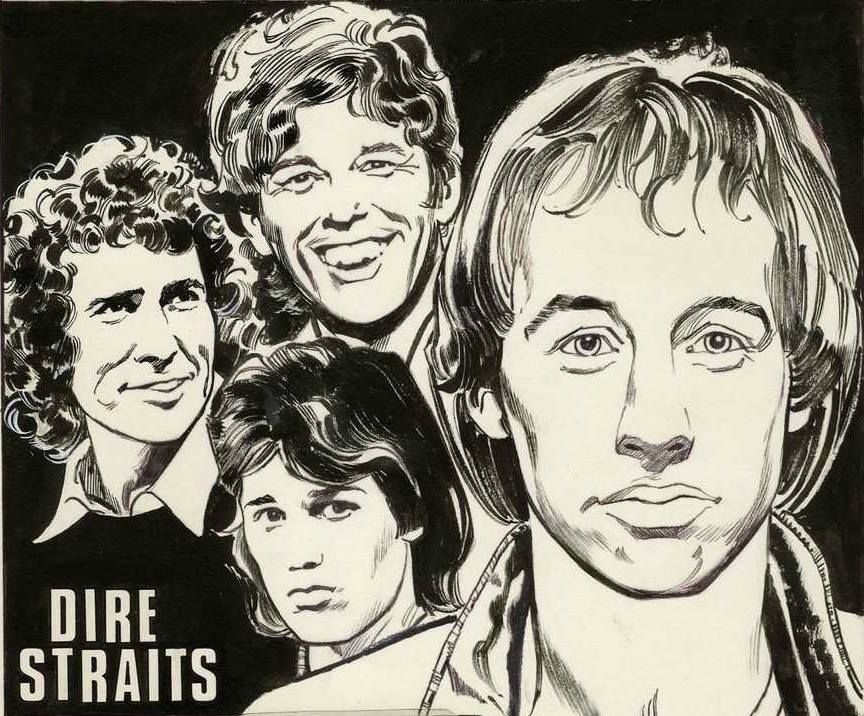
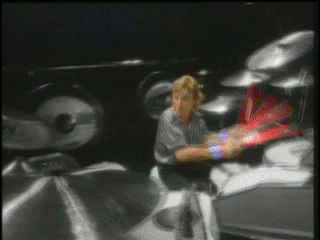 Um dos riffs de guitarra mais potentes de todos os tempos, sem dúvidas, o mais memorável da década de 80'.
Um dos riffs de guitarra mais potentes de todos os tempos, sem dúvidas, o mais memorável da década de 80'.



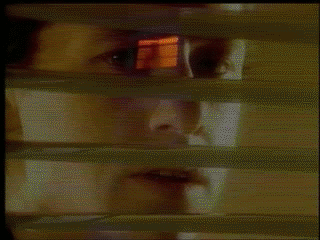 Blinds on the windows and a pain behind the eyes
(Cortinas nas janelas e uma dor atrás dos olhos)
Blinds on the windows and a pain behind the eyes
(Cortinas nas janelas e uma dor atrás dos olhos)






















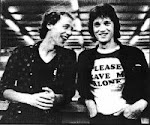

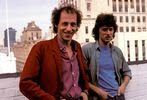


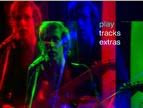
































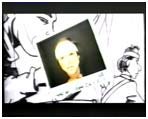
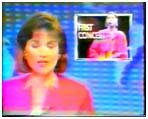


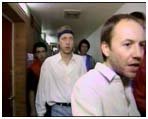
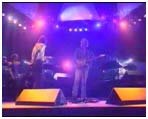


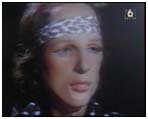



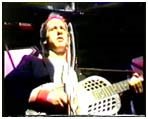



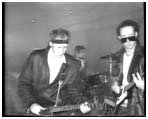
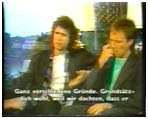
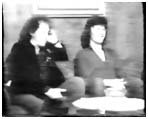


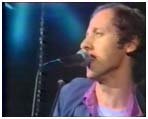
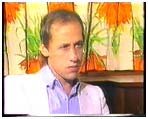

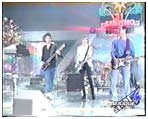
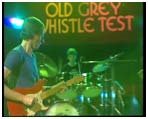
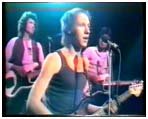
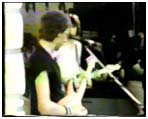
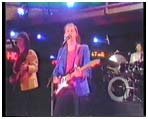


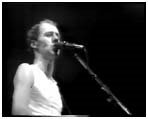
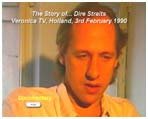


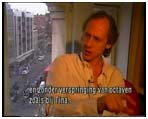

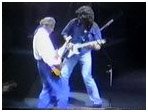
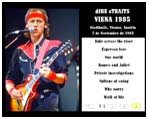

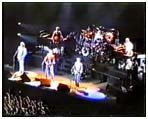

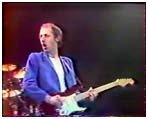
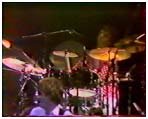
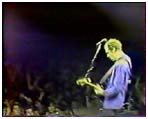
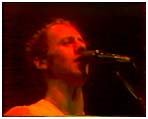

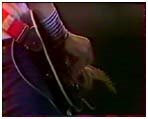
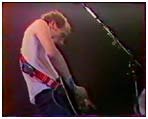
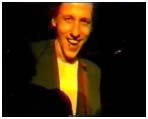
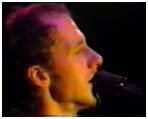
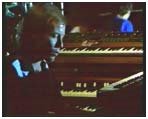
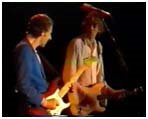


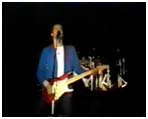
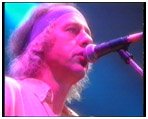

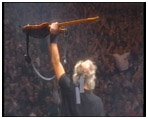

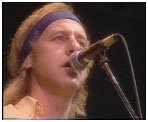
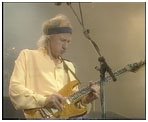
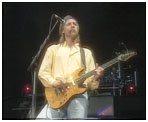
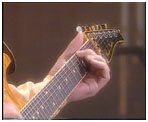
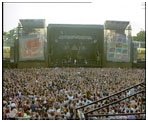
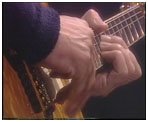
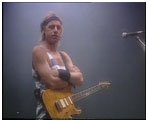

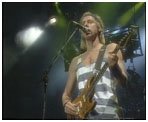
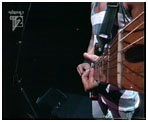


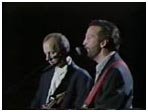

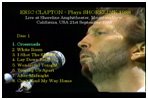


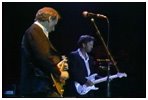
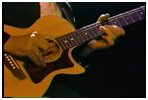
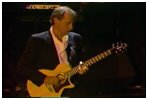



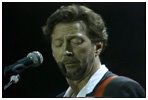


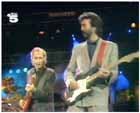

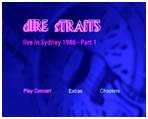
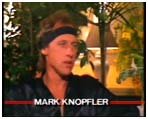
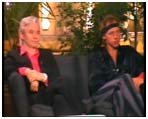





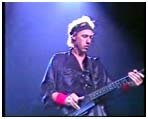
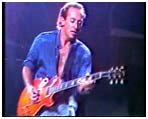
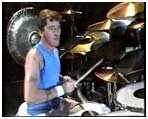
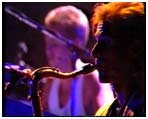
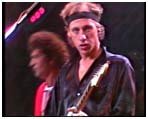
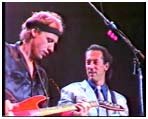
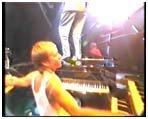




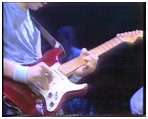
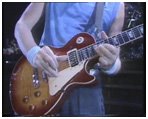


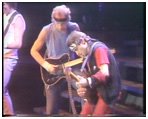
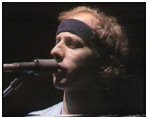

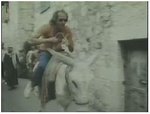
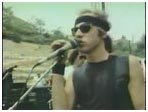
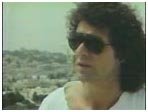

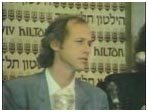


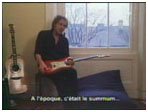
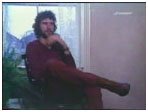

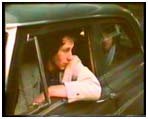

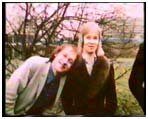

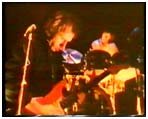
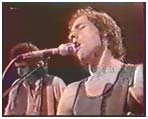

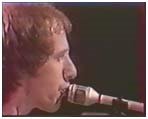
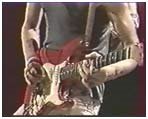

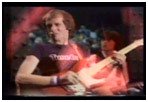


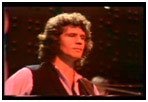
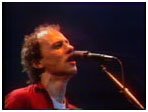
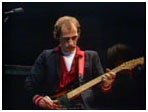
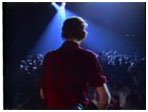
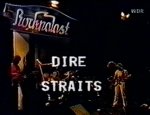


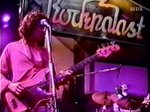

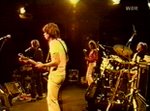
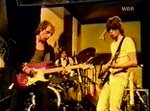

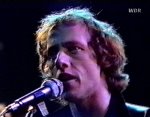





Nenhum comentário:
Postar um comentário